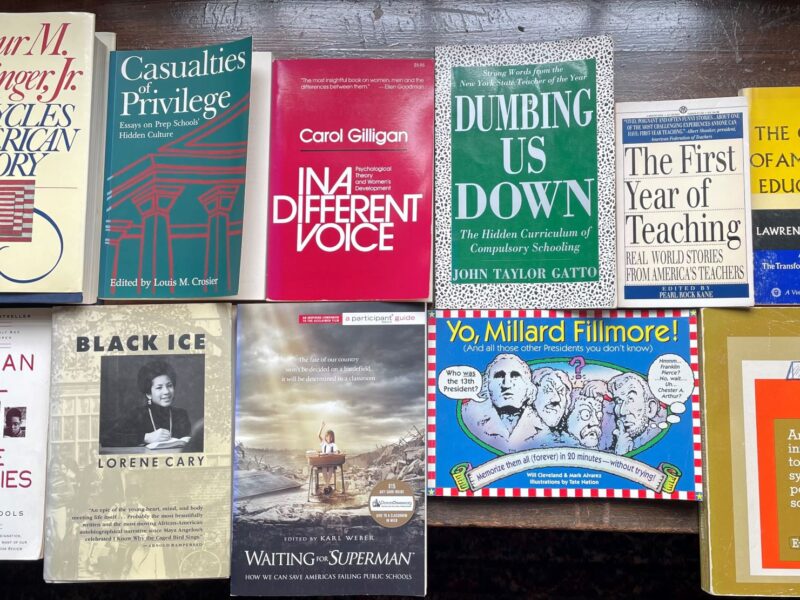In Too Much of a Good Thing: Raising Children of Character in an Indulgent Age (Hyperion, New York, 2001) Harvard psychologist Dan Kindlon argues that the “psychological immunity” that kids must develop requires an acquaintance with painful feelings: “It’s like the way our body’s immune system develops. You have to be exposed to pathogens, or your body won’t know how to respond to an attack. Kids also need exposure to discomfort, failure, and struggle.” Otherwise, he maintains, “By the time they’re teenagers, they have no experience with hardship.”
In the Introduction to Too Much of a Good Thing, Kindlon writes: Compared to earlier generations, we are emotionally closer to our kids, they confide in us more, we have more fun with them, and we know more about the science of child development. But we are too indulgent. We give our kids too much and demand too little of them.
He then personalizes his observation: I find myself at the center of this problem as I try, with my wife, to balance the two major tasks of parenting: showing our kids that we love them and raising them with the skills and values they’ll need to be emotionally healthy adults, which often requires that we act in ways that can anger and upset them.
Speaking to the solution to this dilemma, Kindlon writes: When we stop blurring the line between friend and parent, we can help our kids develop healthy attitudes and good habits that are character’s foundation.
Lest anyone dismiss Kindlon as mired in the perspective of good old days that never were, he later writes: … I am not urging a return to the stereotypical family of the 1950s in which the father’s word was law and physical punishment the remedy of choice for misbehavior. But the desire to form a close bond with our children should not come at the expense of not being able to set an unyielding limit or rule when a child needs it.
Onward, Malcolm Gauld


